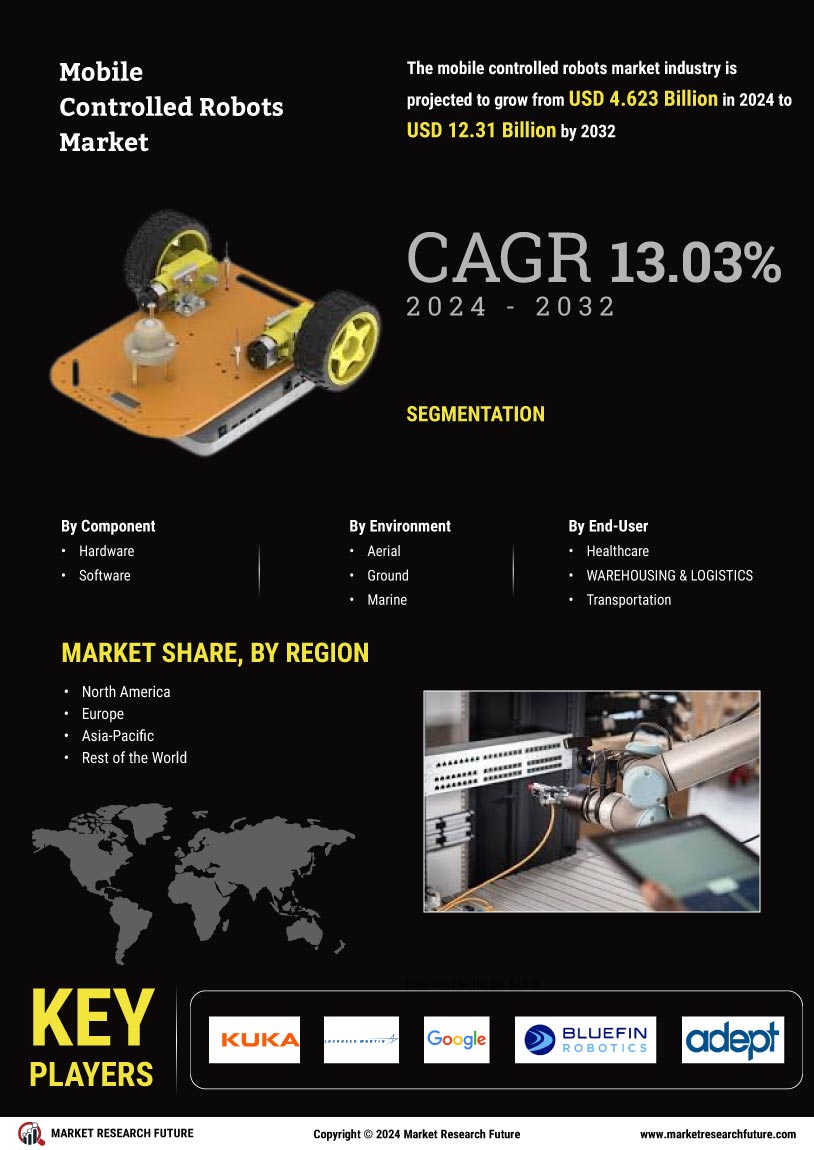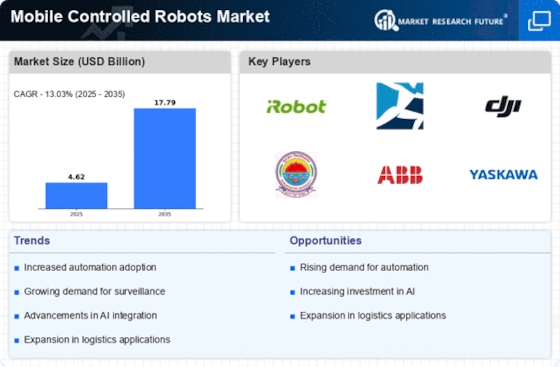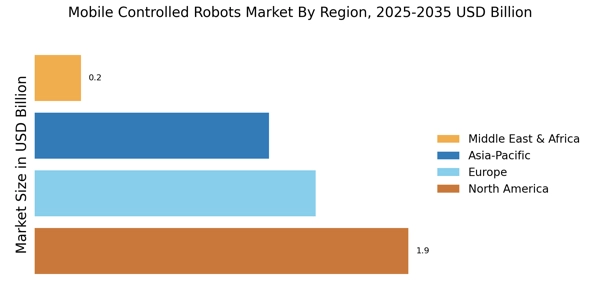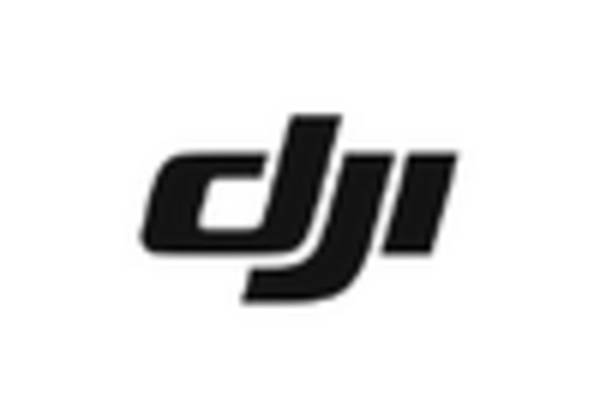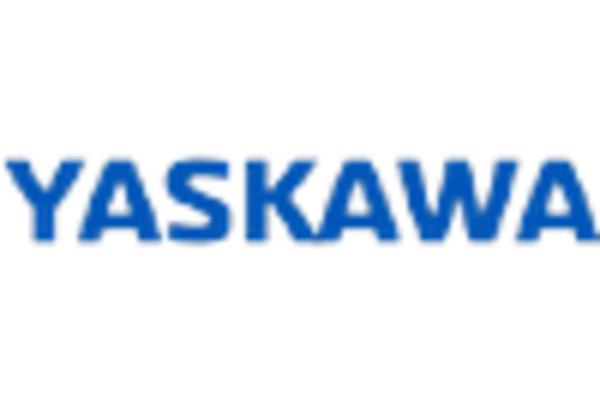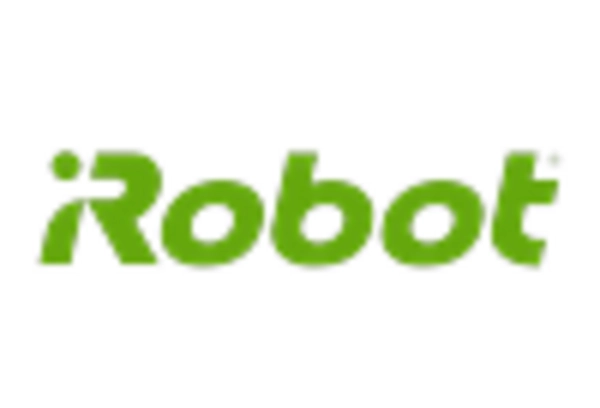Rising Demand for Remote Operations
The Mobile Controlled Robots Market is experiencing a notable surge in demand for remote operations across various sectors. Industries such as manufacturing, healthcare, and agriculture are increasingly adopting mobile controlled robots to enhance operational efficiency and safety. For instance, the healthcare sector utilizes these robots for telemedicine and remote patient monitoring, which has become essential in ensuring continuous care. According to recent data, the market for mobile controlled robots is projected to grow at a compound annual growth rate of approximately 15% over the next five years. This trend indicates a shift towards automation and remote capabilities, which are becoming integral to business strategies.
Growing Focus on Safety and Compliance
The growing focus on safety and compliance is influencing the Mobile Controlled Robots Market significantly. Industries are prioritizing the implementation of mobile controlled robots to enhance workplace safety and adhere to regulatory standards. These robots can perform hazardous tasks, reducing the risk of accidents and injuries among human workers. Furthermore, as regulations surrounding workplace safety become more stringent, companies are increasingly turning to automation as a solution. The market is likely to see a rise in demand for robots designed specifically for safety compliance, which could lead to a market growth rate of around 12% in the coming years.
Technological Advancements in Robotics
Technological advancements play a pivotal role in shaping the Mobile Controlled Robots Market. Innovations in sensors, navigation systems, and artificial intelligence are enhancing the capabilities of mobile robots, making them more efficient and versatile. For example, the integration of advanced machine learning algorithms allows these robots to adapt to dynamic environments, improving their functionality in real-time. The market is witnessing an influx of new entrants, driven by the potential for innovation and the demand for smarter solutions. As a result, the market is expected to reach a valuation of over 30 billion dollars by 2026, reflecting the growing reliance on sophisticated robotic systems.
Increased Investment in Robotics Research
Investment in robotics research is a significant driver of the Mobile Controlled Robots Market. Governments and private entities are allocating substantial funds to develop cutting-edge robotic technologies. This influx of capital is fostering innovation and accelerating the development of mobile controlled robots. For instance, research initiatives focused on enhancing robot autonomy and interaction capabilities are gaining traction. The market is projected to benefit from these advancements, with estimates suggesting that investment in robotics could exceed 20 billion dollars annually by 2027. This trend underscores the commitment to advancing robotic solutions across various applications.
Expansion of E-commerce and Delivery Services
The expansion of e-commerce and delivery services is a critical factor propelling the Mobile Controlled Robots Market. As online shopping continues to grow, the demand for efficient delivery solutions is escalating. Mobile controlled robots are increasingly being deployed in warehouses and distribution centers to streamline logistics operations. This trend is particularly evident in urban areas, where the need for rapid delivery services is paramount. Market analysis indicates that the logistics sector is expected to invest heavily in automation technologies, with mobile robots playing a central role in meeting consumer expectations for speed and efficiency.
